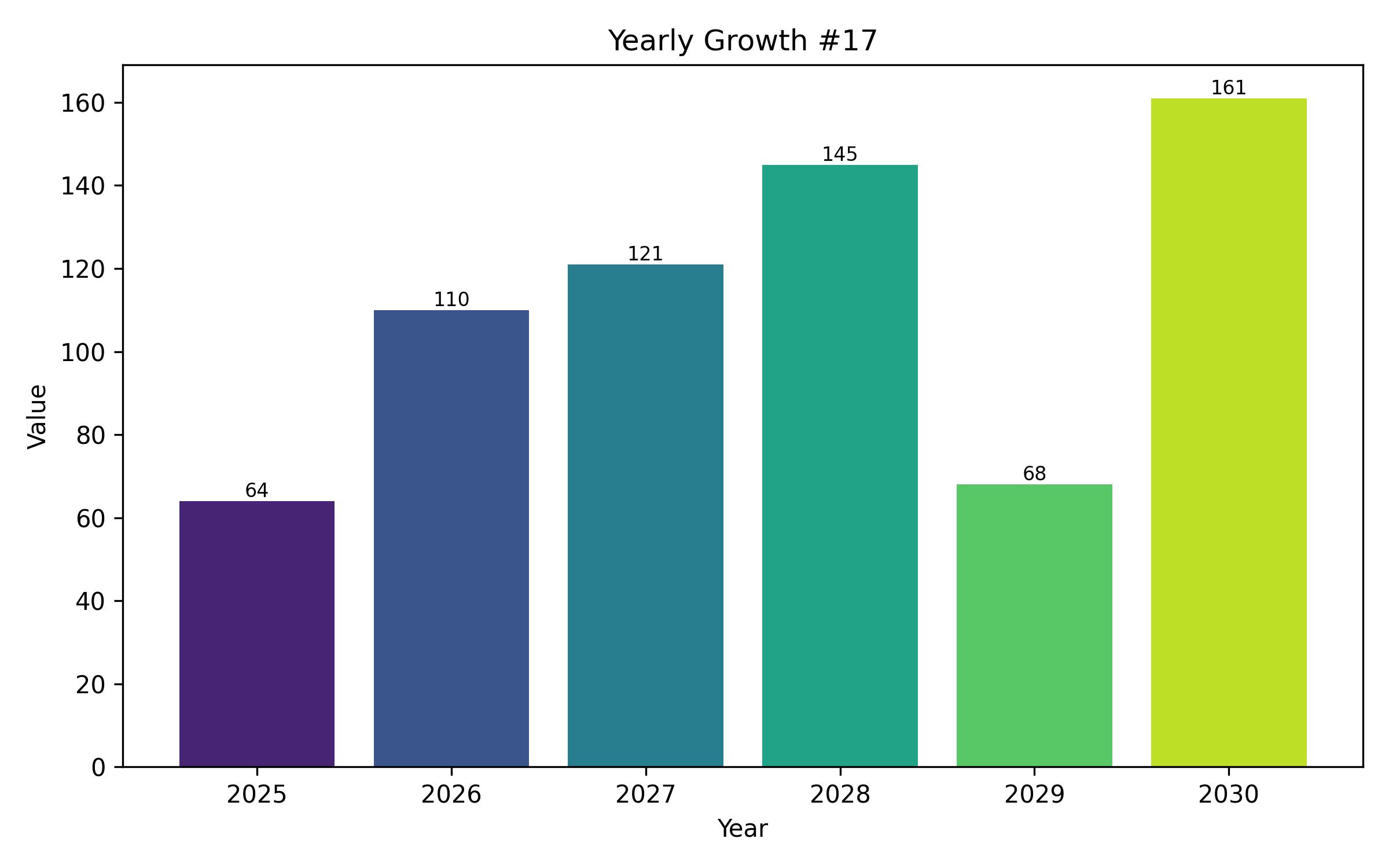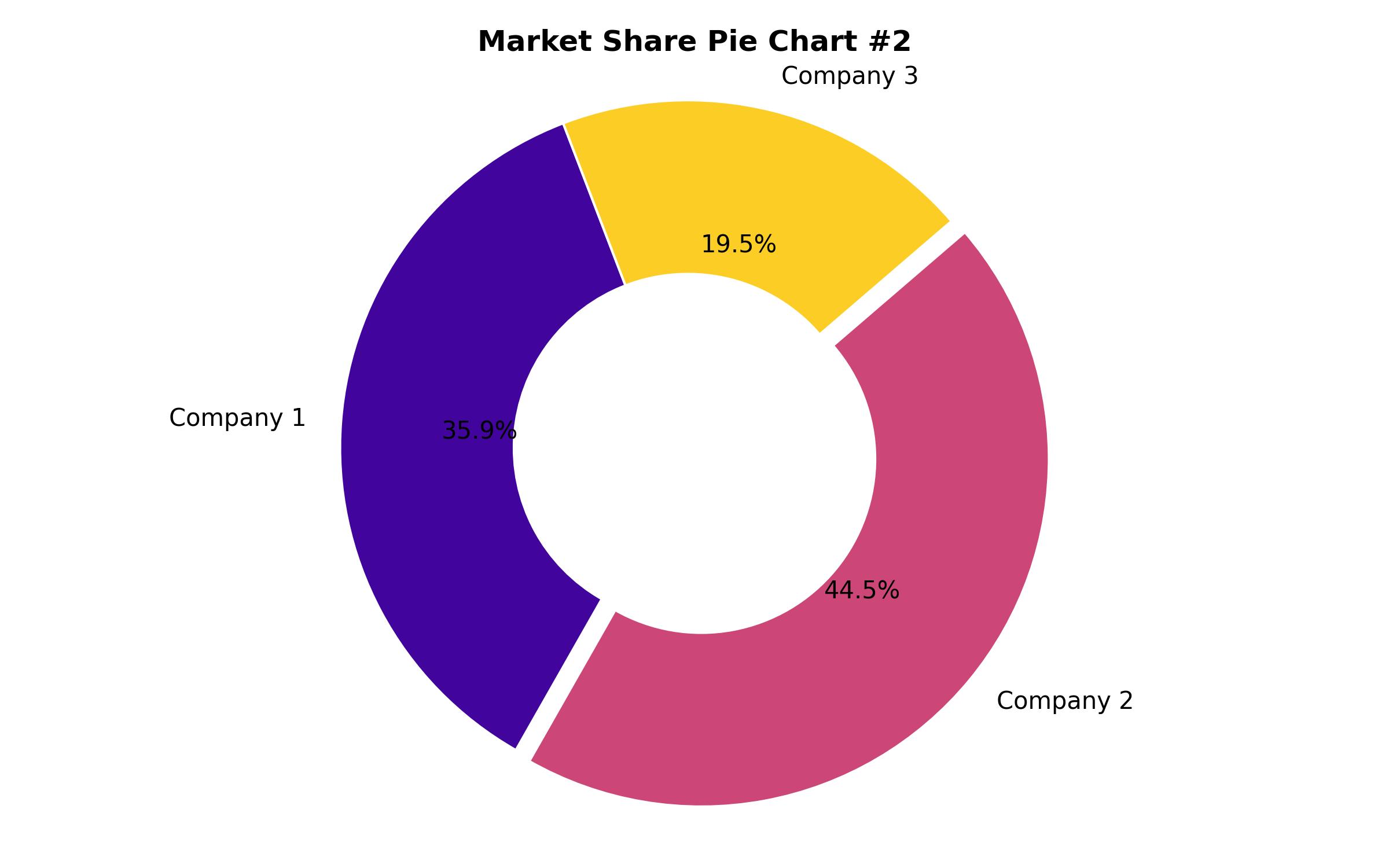Analysis of the Western European Market for Garment Steamers: Insights into Size, Market Share, and evolving market dynamics 2025-2035.
Overview:
The Western Europe market for garment steamers is projected to attain a valuation of USD 325.1 million in 2025. The sector is on track to grow at a compound annual growth rate of 2.8% from 2025 to 2035, reaching an expected value of USD 448.9 million by the end of the forecast period.
Market expansion is consistently observed, driven by a combination of evolving lifestyles, increasing urbanization, and consumer shifts towards home appliances that prioritize ease and practicality. In an era where time efficiency and user-friendliness are highly prized, garment steamers offer a rapid, straightforward alternative to traditional ironing methods, making them increasingly appealing to contemporary consumers.
Garment steamers’ ability to quickly remove wrinkles without requiring an ironing board makes them particularly attractive to diverse groups such as working professionals, students, and frequent travelers – segments that value speed and convenience over the more time-consuming process of ironing.
The increasing emphasis on proper garment care and fabric longevity has also boosted the popularity of steamers. Unlike irons, which can potentially damage delicate materials through direct heat, steamers use gentle steam, rendering them suitable for a wider variety of fabrics including silk, wool, and various synthetics. This versatility, coupled with the growing use of sensitive materials in apparel, has positioned steamers as an increasingly favored and secure choice for everyday clothing maintenance.
Consumers are also exhibiting heightened awareness regarding hygiene and cleanliness, and steamers provide an additional advantage in this regard. The high temperature steam they produce effectively eliminates bacteria, allergens, and odors from clothing without the necessity of chemical treatments, catering to these concerns.
Another factor supporting market growth is the rising trend towards minimalist living and the demand for compact home appliances, especially within urban environments where living space is often limited. Portable and handheld garment steamers are well-suited to this need, being easy to store, space-efficient, and convenient for travel.
Furthermore, the proliferation of e-commerce platforms has improved access to a diverse array of garment steamer models, brands, and price options, contributing to increased adoption. As consumers across Western Europe increasingly seek efficient, fabric-friendly, and convenient solutions for their home appliance needs, the demand for garment steamers is anticipated to maintain its upward trajectory over the coming decade.

| Report Attribute | Details |
|---|---|
| Market Size in 2025 | USD 325.1 million |
| Revenue Forecast for 2035 | USD 448.9 million |
| Growth Rate (CAGR) | 2.8% from 2025 to 2035 |
| Base Year for Estimation | 2024 |
| Historical Data | 2019 – 2023 |
| Forecast Period | 2025 – 2035 |
| Quantitative Units | Revenue in USD million/billion and CAGR from 2025 to 2035 |
| Report Coverage | Revenue forecast, company market share, competitive landscape, growth factors, and trends |
| Covered Segments | Product Type, End Use, Power, Water Tank Capacity, Material, Sales Channel, Country |
| Regional Scope | Western Europe |
| Country Scope | Germany, United Kingdom, France, Italy, Spain, Netherlands, Belgium, Switzerland, Nordic Countries, Rest of Western Europe |
| Key Companies Analyzed | Koninklijke Philips N.V., Electrolux AB, Groupe SEB (Rowenta), Conair Corporation, BLACK+DECKER Inc., FRIDJA LIMITED, AICOK, Pure Enrichment Company, Hamilton Beach Brands Holding Company, Amway Corporation |
| Customization Options | Free report customization (up to 8 analysts working days) with purchase. Changes to country, regional, and segment scope |
| Pricing and Purchase Options | Customizable purchase options for tailored research needs |

Report Coverage & Deliverables
- Market Trends And Dynamics
- Competitve Benchmarking
- Historical data and forecasts
- Value/Volume analysis
- Company revenue shares and key strategies
- Regional opportunities
This is an indicative segmentation. Please request a sample report to see detail segmentation of this market.
Detailed Market Segmentation
-
By Product Type
- Handheld Garment Steamers
- Upright/Standing Garment Steamers
-
By End Use
- Residential/Household
- Commercial
- Hospitality
- Fashion Retail
- Dry Cleaning
- Theater/Production
- Other Commercial
-
By Power
- Low Power (< 1000W)
- Medium Power (1000W-1800W)
- High Power (> 1800W)
-
By Water Tank Capacity
- Small (< 1 Liter)
- Medium (1 Liter – 2 Liters)
- Large (> 2 Liters)
-
By Material
- Plastic
- Metal
- Ceramic
- Other materials
-
By Sales Channel
- Online Retail
- Offline Retail
- Department Stores
- Specialty Stores
- Supermarkets/Hypermarkets
-
By Country
- Germany
- United Kingdom
- France
- Italy
- Spain
- Netherlands
- Belgium
- Switzerland
- Nordic Countries
- Rest of Western Europe
Table of Content
- Executive Summary
- Market Introduction
- Market Overview
- Market Analysis 2020 to 2024 and Forecast 2025 to 2035
- Market Size and Forecast 2025 to 2035
- Market Dynamics
- Key Trends and Innovations
- Risk Assessment
- Pricing Analysis
- Market Analysis 2025 to 2035, By Product Type
- Handheld Garment Steamers
- Upright/Standing Garment Steamers
- Market Analysis 2025 to 2035, By End Use
- Residential/Household
- Commercial
- Market Analysis 2025 to 2035, By Power
- Low Power (< 1000W)
- Medium Power (1000W-1800W)
- High Power (> 1800W)
- Market Analysis 2025 to 2035, By Water Tank Capacity
- Small (< 1 Liter)
- Medium (1 Liter – 2 Liters)
- Large (> 2 Liters)
- Market Analysis 2025 to 2035, By Material
- Plastic
- Metal
- Ceramic
- Other materials
- Market Analysis 2025 to 2035, By Sales Channel
- Online Retail
- Offline Retail
- Market Analysis 2025 to 2035, By Country
- Germany
- United Kingdom
- France
- Italy
- Spain
- Netherlands
- Belgium
- Switzerland
- Nordic Countries
- Rest of Western Europe
- Market Insights by Country
- Competitive Landscape
- Company Profiles
- Research Methodology
- Assumptions and Definitions
